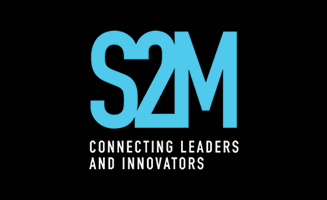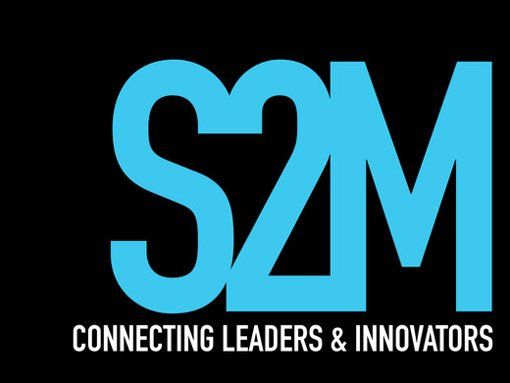The Gig Economy's Impact on Traditional Employment
The rise of the gig economy is reshaping the employment landscape, offering both opportunities and challenges for workers and businesses alike. Recruitment agencies play a crucial role in navigating this shift by helping companies source the right talent for specific projects and assisting individuals in finding opportunities that align with their skills and preferences.

Change is the only constant, especially in the dynamic world of work. We're delving into the gig economy, its influence on conventional employment structures, and the rise of side hustle culture. Embracing the changes brought about by the gig economy is key to staying competitive and fostering a dynamic, resilient workforce in the years to come.
The Gig Economy Defined:
Let's start with the basics—gig economy, where short-term, flexible jobs meet the digital age. Freelancers, independent contractors, and solopreneurs converge on digital platforms, connecting skills with projects. It's a shift that's reshaping the employment landscape.
Drivers of the Gig Economy:
Tech-driven transformation:
Digital platforms and technological advancements have erased geographical boundaries, making the gig economy a global network for skills and projects.
Balancing act:
Millennials and Gen Z value work-life balance and flexibility. The gig economy grants them the autonomy to choose when, where, and how they work—a crucial consideration for modern talent.
Embracing entrepreneurship:
The gig economy offers a taste of entrepreneurship, allowing individuals to be their own bosses, set their schedules, and diversify their professional experiences.
Impact on Traditional Employment:
Non-linear career paths:
Say goodbye to traditional career trajectories. The gig economy promotes a project-based approach, enabling workers to accumulate diverse skills and experiences.
Strategic talent acquisition:
Companies are adapting their talent acquisition strategies to include freelancers for specific projects. It's a dynamic approach that aligns with the evolving nature of work.
Fostering diversity:
In embracing the gig economy, employers welcome a diverse pool of talent, fostering a rich blend of skills and perspectives within the workforce.
Responding to employee expectations:
Traditional roles are transforming as employees seek flexibility. Companies aligning with this trend are better positioned to attract and retain top talent.
The Side-Hustle Revolution: Meeting Economic Challenges:
As the cost of living rises, the side-hustle culture is gaining traction, offering solutions for employers, recruiters, and candidates alike.
Flexibility for financial stability:
Side-hustles provide financial flexibility, aiding individuals in navigating the challenges posed by the rising cost of living.
Economic resilience through diversification:
Side-hustles aren't just additional income streams; they are a strategy for economic resilience. Diversification reduces risk in an unpredictable job market.
Encouraging entrepreneurial mindsets:
Beyond financial gains, side-hustles instill an entrepreneurial spirit. They redefine success, encouraging individuals to challenge traditional career norms.
Skill development and personal growth:
Side-hustles aren't just about the paycheck; they're a platform for skill development and personal growth, contributing to a well-rounded professional profile.
Navigating the Landscape of Change
In a world where change is constant, the gig economy and side-hustle culture emerge as transformative solutions. For employers, recruiters, and candidates alike, understanding the motivations driving this shift is essential. By embracing this evolution, recruitment agencies contribute not only to connecting businesses with talent but also to fostering a resilient, adaptive, and empowered workforce. Are you ready to navigate the changing world of work with us?





